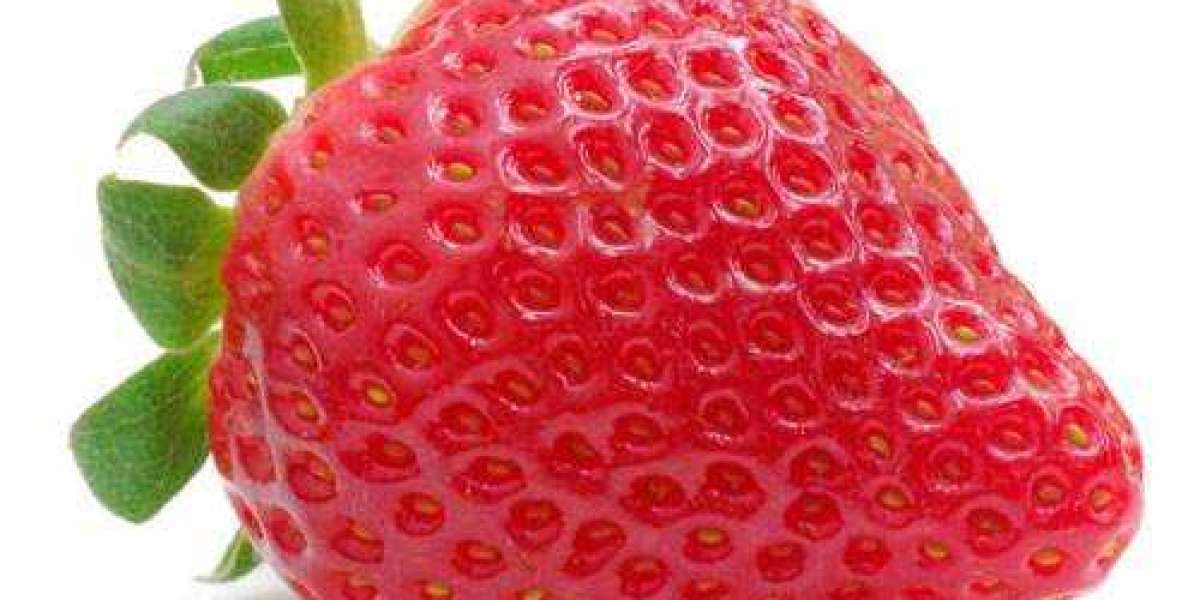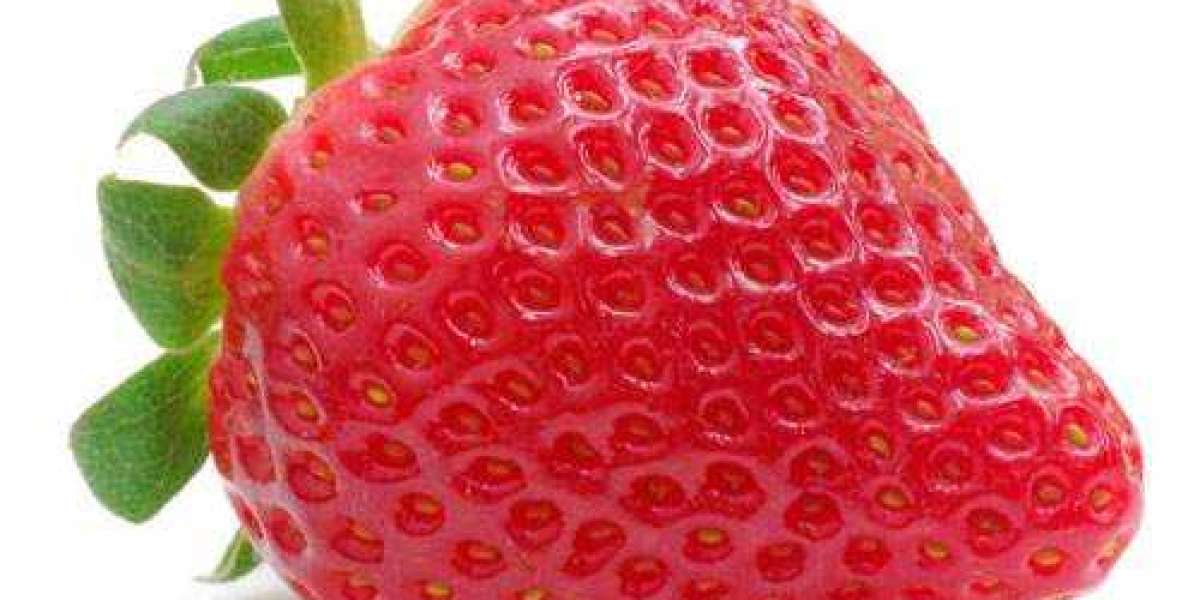Polyethylene terephthalate (PET) bottle blanks are a significant component of the global beverage industry. However, their environmental impact is a growing concern. PET is a type of plastic derived from petroleum, and its production involves significant energy consumption and carbon emissions.
Recycling PET bottles can mitigate some environmental damage. The recycling process involves collecting, sorting, and cleaning used bottles before they are melted down and reformed into new products. This reduces the need for new raw materials and lowers greenhouse gas emissions. However, the recycling rate for PET bottles varies globally, with some regions achieving higher rates than others.
Another environmental issue associated with PET bottle blanks is littering. When not properly disposed of, PET bottles can end up in natural environments, contributing to pollution and harming wildlife. Marine animals, in particular, are at risk of ingesting plastic debris, which can lead to injury or death.
Innovations in the production of PET bottle blanks are addressing these environmental challenges. For instance, some manufacturers are developing bio-based PET, which is derived from renewable resources like plants. This approach aims to reduce reliance on fossil fuels and decrease carbon footprints. Additionally, improvements in bottle design can enhance recyclability and reduce material usage.
Consumer behavior also plays a crucial role in mitigating the environmental impact of PET bottle blanks. By choosing products with recycled content and properly recycling used bottles, individuals can contribute to a more sustainable cycle. Public awareness campaigns and government regulations are essential in promoting responsible disposal and recycling practices.
In conclusion, while PET bottle blanks are an integral part of modern packaging, their environmental impact cannot be overlooked. Through recycling, innovation, and responsible consumer behavior, the negative effects can be mitigated, contributing to a more sustainable future.








